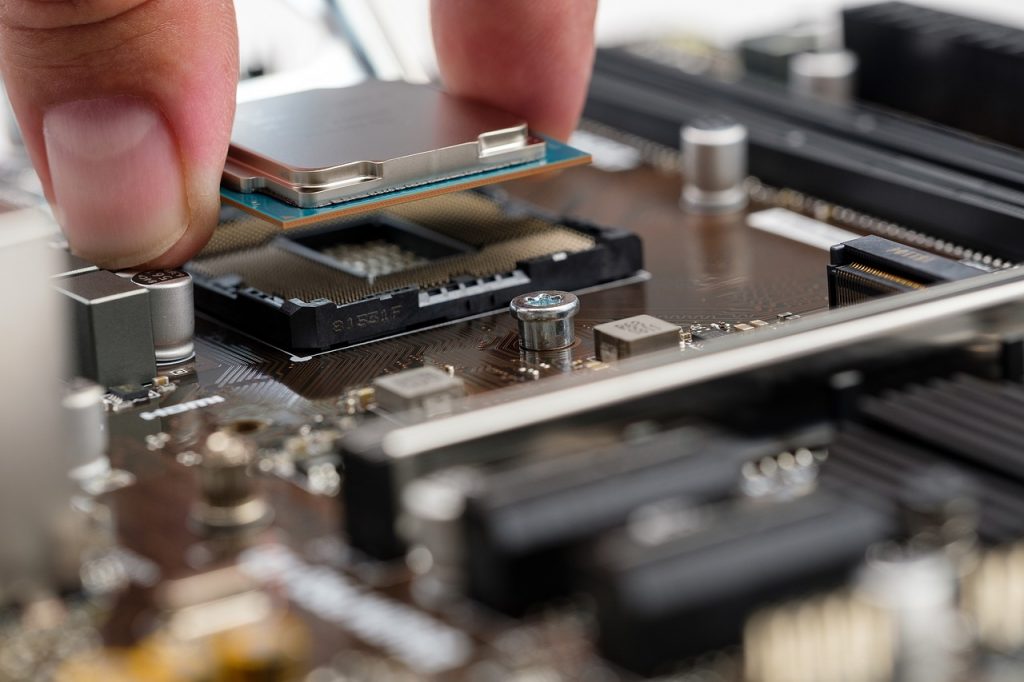What The CHIPS Act Means For America’s Tech
During the pandemic a shortage of computer chips disrupted the supply chain, learn how the CHIPS Act can prevent it from occurring again.
This article is more than 2 years old

Throughout the pandemic, a computer chip shortage led to many manufacturing issues. From cars to laptops, tech manufacturers had to slow down production, leading to frequent supply chain interruptions and delayed shipments. Various countries are attempting to combat the continuing problem by introducing new production methods. Biden is one of the figures wanting to push for more chip manufacturing through his CHIPS Act.
The CHIPS Act, also known as the CHIPS and Science Act, was signed into law by Biden last week. The bill will allocate $50 billion to local semiconductor production to provide more computer chips for proper manufacturing. Since most production is centralized in East Asia, providing more avenues for United States manufacturing could circumvent the ongoing delays. The US has relied solely on East Asia to provide necessary technology parts like computer chips, so creating a new manufacturing hub in the states could significantly improve overall production.
Though $50 billion is plenty of money, the funds from the CHIPS Act will be separated and given out over various periods of time. In the first 12 months, $19 billion will be allocated to local manufacturing facilities to start large-scale computer chip production. But experts say the United States doesn’t need to make an enormous amount of computer chips to alleviate the shortage. The US only needs to make a sufficient amount to ensure that an exporting issue from Asia wouldn’t derail local technology production. As of now, any problem with East Asian trading could lead to prolonged computer chip delays, which the United States wants to eliminate entirely.
How will the CHIPS Act affect China’s computer chip exportation? The US and China have an extended and complicated commercial relationship. Though the US will still need to import computer chips from East Asia to keep up with technology manufacturing, a significant reduction in chip imports could hurt China’s economy. Both countries rely on each other’s business, which makes Biden’s recent act potentially damaging.
The CHIPS Act could force other countries to become more competitive in computer chip manufacturing. Certain countries are known for elevating the computer chip market, which includes the US and China. As the United States furthers its venture into localized manufacturing, other countries will have to create better chips to keep up with the competitive market. The potential for the United States to dominate the semiconductor market could lead to tension between countries with significant semiconductor facilities.
Though many countries are instilling laws to fund accelerated computer chip production, experts agree that the chip shortage will extend into 2023. Even with the CHIPS Act’s sufficient funding, it’ll take a while before enough chips are made to meet the worldwide demand for technological products. With the semiconductor market growing approximately 10% yearly, countries are fighting an uphill battle trying to produce enough chips to alleviate demand.
The CHIPS Act is a brave attempt to create localized manufacturing hubs to produce these needed semiconductors. Though many expect the computer chip shortage to continue for another year, opening more domestic facilities will hopefully mitigate this issue that’s lasted throughout the pandemic years.




